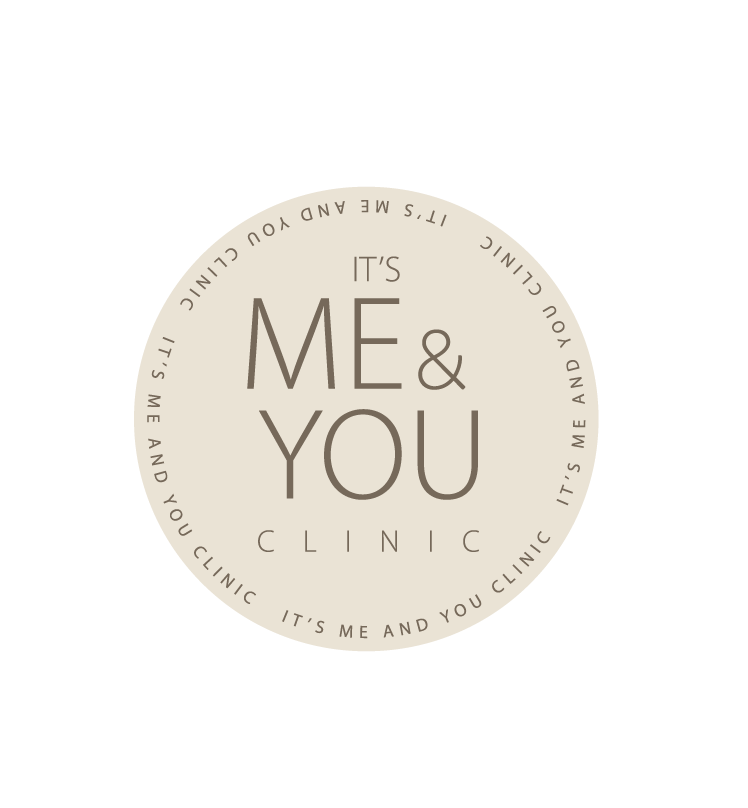Lip fillers are by far the most popular dermal filler. They are famous for providing patients with plump lips that feel natural. The blog first explains what lip fillers are, what effects alcohol can cause after or before lip filler treatment, when one can take alcohol after lip filler injections, andwhat other aftercare tips follow.
Plump, fresh, and soft lips are trending on all social media platforms. It is believed that full natural lips could significantly improve one’s facial complexity. Therefore, don’t be surprised why lip fillers are one of the most demanded cosmetic treatments in the UK. The non-invasive injection is quick to perform and provides immediate results that last for an estimated 3 to 12 months, depending on the patient’s metabolic rate, the professionality of the cosmetic doctor, and the type and concentration of lip filler used. However, there are a few don’t one should follow to harness the benefits of lip filler fully. As eager as one might be to resumetheireveryday lifestyle and avoid alcohol immediately after the lip injection, for how long?
What Are Lip Fillers?
Ward et al. (2019) stated that lip fillers are non-surgical cosmetic procedures that are popular for improving the size and shape of a patient’s lips. They increase the volume of one’s lips, making them look plumper and fresher. A pre-measured amount of filler materials is injected into the lip tissues to introduce the lost hyaluronic acid and collagen or promote their products. As one ages, their lip tissues reduce the production of hyaluronic acid and skin proteins like collagen that are responsible for hydrating, exfoliating, and maintaining youthful lip plumpness. According to Al-Najjar et al. (2022), lip fillers such as HA (hyaluronic acid) introduces the natural substance into the lips to attract as much body fluid as possible to restore the lost lip volume. Other fillers like poly-l-lactic acid stimulate the crude production of skin fats and proteins like collagen to enhance thin lips’ glow and fresh appearance. However, some people are genetically born with thin lips, while others are affected with chronic diseases that tend to promote premature ageing, like thin lips.
What Effects Can Alcohol Cause After or Before Lip Filler Treatment?
The Food Standard Agency (FSA) approved the use of dermal filler to improve facial appearance and complexity. Lip filler treatment is not exceptional; it is a safe and quick technique to promote one’s lip volume. However, it is sometimes accompanied by mild side effects like bruising and swelling that go down within a short period. Lip infections like rashes or cold sores are sporadic and mostly depend on an individual’s cautiousness with a cosmetic doctor’s guidelines. The most discussed tip to avoid before or after lip filler treatments is alcohol consumption. According to Karmacharyaet al. (2015), alcohol is a popular vasodilator, which causes the widening and relaxing of blood vessels in all body parts, including the injected lip areas. When the vessels in the lips get wider, it increases the chances of the tiny needles used during treatment injuring it. Therefore, consuming alcohol before lip filler injection increases the chances of bruising and swelling in the treated area. In addition, alcohol is not recommended immediately after the treatment. Apart from slowing the natural healing process of treated lips, one of the undesirable effects of alcohol is dehydration. Dry lips mean the filler materials will not work effectively to enhance the volume of the patient’s thin lips. Lip fillers primarily rely on body fluid to make one’s lips look plumper, but alcohol fluid retention means the treatment won’t achieve its goal.
When Can You Take Alcohol After Lip Filler Injections?
After filler injections, there is no definite time to resume drinking alcohol and other liquids like caffeine that increases blood flow to the surface of one’s skin. But the standard rule is that a patient should wait at least 24 hours after the lip filler before engaging in alcohol consumption. Immediately following the cosmetic injection, an individual’s treated lip area will heal as filler materials do their magic. During this period, the lip tissues will be prone to infections and swelling; blood thinning medications and alcohol will likely increase the chances of infections or bruising. If it occurs, one will have a prolonged recovery time that will delay their youthful dream look for days or weeks. Ghasemi et al. (2022) explained that some cosmetic doctors might tell you to avoid alcohol for the first two days depending on the type and concentration of lip filler and the body chemistry. For instance, if injected with HA (hyaluronic acid) fillers, one should wait until the material settles before drinking alcohol. It might take two days before the HA settles. Because alcohol causes the lips to dry, hyaluronic acid might not work efficiently in retaining water for plump lips.
What Are Other Aftercare Tips to Follow After Lip Filler?
Apart from avoiding alcohol for at least 24 to 48 hours after the lip augmentation, the following are other things to do or don’t do:
- Avoid strenuous exercises for at least 24 hours. Weight lifting, running, extreme yoga positions, and other vigorous activities increase blood flow to all blood vessels, including lip tissue. It might cause the migration of filler materials to unwanted areas.
- Stay hydrated to fasten the recovery time and help the filler to reach its top lip goal.
- Don’t wear makeup for a day or two to avoid making the lip tissue susceptible to bruising effects and infections. Also, remember makeup brushes may move the filler materials to untargeted areas.
- Avoid high-temperature rooms or sunbeds for at least a day. High heat slows the healing process of the injected area from swelling.
- Like alcohol, one should avoid blood thinning medications like aspirin for at least 24 to 48 hours after the treatment.
- Don’t apply ice cubes directly on the injected area to avoid ice burn.
Frequently Asked Questions about Fillers
Is Swelling Normal After Lip Filler Injections?
It is common to experience mild morning swelling after lip filler treatments. However, the swelling effects disappear in a few days. Additionally, one can quickly minimise the risk of swelling by adhering to guidelines provided by the cosmetic doctor. For example, avoiding alcohol for at least a day or two after the treatment.
Can You Drink Coffee After Lip Filler?
There is a common misconception that coffee can cause dehydration. But, there is no clinical trial or studies to support the motion. However, hot beverages are avoided for at least a day after lip augmentation to reduce the risk of burning your lips.
Conclusion
Lip fillers are a safe cosmetic procedure when done by a qualified, well-trained cosmetic doctor. It is normal to experience swelling and bruising effects in the injected areas. However, immediately consuming alcohol might prolong the recovery time required for filler material to settle and side effects to fade away. Alcohol is a blood thinner that causes the blood vessels to widen and relax, making the treated lip tissues more susceptible to bruising or swelling. In addition, lip fillers depend on body fluid to create plump lips; alcohol dehydration effects can massively alter the result.
References
Al-Najjar, Z. A., & Amin, Z. M. (2022). Evaluation of superficial sensation loss after lip enhancement using dermal fillers. Journal of Pharmaceutical Negative Results, 13(4), 243-248.
Ghasemi, S., & Akbari, Z. (2022). Lip Augmentation. Dental Clinics, 66(3), 431-442.
Karmacharya, P., Pathak, R., Ghimire, S., Shrestha, P., Ghimire, S., Poudel, D. R., … & Alweis, R. L. (2015). Upper airway hematoma secondary to warfarin therapy: a systematic review of reported cases. North American Journal of Medical Sciences, 7(11), 494.
Ward, B., & Paskhover, B. (2019). The Influence of Popular Online Beauty Content Creators on Lip Fillers. Aesthetic Surgery Journal, 39(10), NP437-NP438.
- Beat Cold Sores: Proactive Measures Post Lip Augmentation - February 20, 2024
- From Start to Finish: Understanding the Lifespan of Dermal Fillers - February 14, 2024
- How Long Do Bruises Last After Lip Fillers - September 5, 2023


